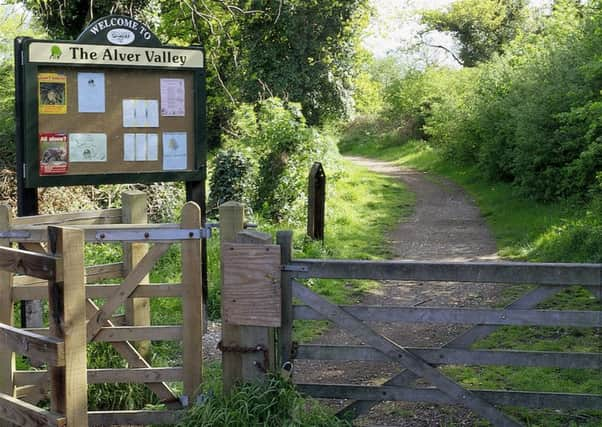If we don't share views, we won't find the truth as it is


I’d heard about it via the powers of Facebook, where a friend posted that he’d watched seven hours straight. With an intro like that, it was hard to resist.
It’s an American show, based in Wisconsin, and tells the true story of Steven Avery, who was jailed for rape when in his early 20s.
Advertisement
Hide AdAdvertisement
Hide AdHe was in prison for 18 or so years when new DNA evidence came to light which proved his innocence. Two years after being freed, he was charged with murder and ended up in jail again.
The ten-hour documentary weaves together news reports, trial footage, family interviews and more as the murky world in which the Avery family live and the police department responsible for collating the evidence operate in come under the microscope.
It is compelling viewing, from start to finish, set up beautifully in the first episode by the way in which the police department appear to help along the initial rape conviction.
I’m in a bit of a bother here as I don’t want to tell you what happens and spoil the ending if you fancy watching it yourself.
Advertisement
Hide AdAdvertisement
Hide AdBut it is one of those shows that you watch which stays with you and has you feverishly debating the nature of presumed innocence before guilt and the liability of proof.
In particular the statement that the officers involved believed intently that the man was guilty and were just trying to secure a conviction has squatted in my mind. How much of that happens here and abroad, I wonder? Our belief in the right and wrong of a situation and a lack of ability to see things from other perspectives?
An article I read last week urged people to see others’ views, to seek out differences, to be persuaded to another viewpoint so that you truly listen to arguments instead of becoming entrenched in one’s own viewpoint. Without that sharing of views and discussion without aggression, we fail to find the truth as it is, rather than what we want it to be in all things – whether trials, debates or politics.